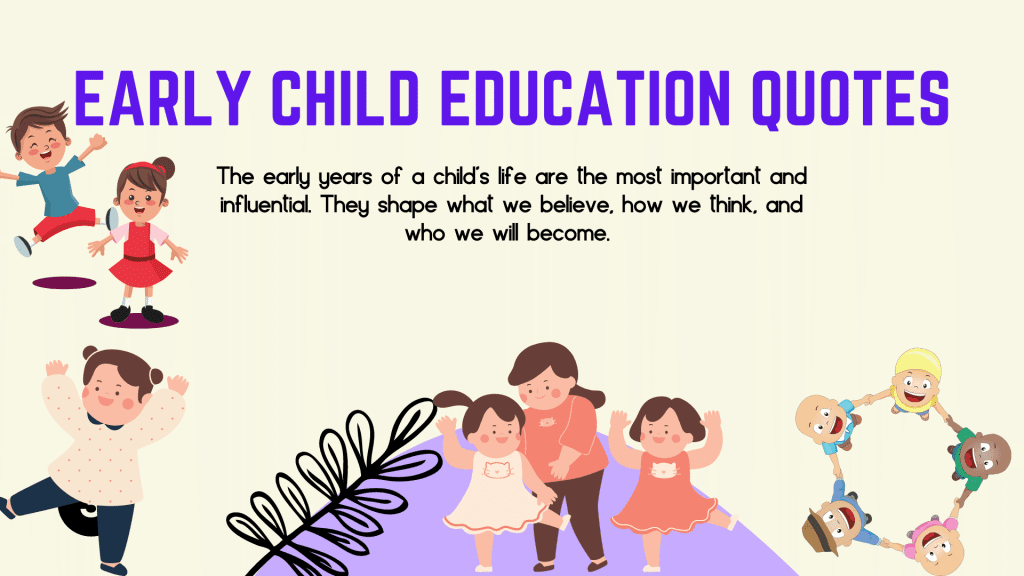
Early childhood education (ECE) refers to the period of learning that takes place before children enter formal schooling, typically ages 0 to 5. While often underestimated, research shows that these early years play a crucial role in shaping cognitive, emotional, and social development. Investing in quality early education has long-term benefits not only for individuals but also for society as a whole.
At the cognitive level, children’s brains develop rapidly during their first five years. Exposure to stimulating environments—such as storytelling, music, problem-solving activities, and play—helps strengthen neural connections. Children who attend quality preschool programs often enter primary school with stronger language skills, better numeracy, and improved attention spans.
Social and emotional development is equally important. ECE teaches children how to share, cooperate, and resolve conflicts, laying the groundwork for healthy relationships later in life. Teachers in early education settings help children develop self-regulation, empathy, and resilience—skills that are essential for success in both school and life.
Long-term studies consistently show that children who attend high-quality ECE programs are more likely to graduate from high school, attend college, and secure stable employment. They are also less likely to engage in criminal behavior or struggle with unemployment. From an economic perspective, investing in early education yields significant returns for society by reducing future costs related to crime, welfare, and healthcare.
Parents also play a vital role in early education. The combination of supportive family environments and structured early learning creates the best outcomes. Reading to children, engaging in meaningful conversations, and encouraging curiosity at home reinforce the skills developed in preschool.
Despite the evidence, access to quality ECE remains uneven across the globe. Many families, particularly in low-income areas, cannot afford preschool or lack access to well-trained educators. Policymakers must prioritize early education as a fundamental right and invest in training, infrastructure, and affordability.
In conclusion, early childhood education is not just preparation for school—it is preparation for life. By nurturing young minds during these critical years, societies can build stronger, healthier, and more prosperous futures.